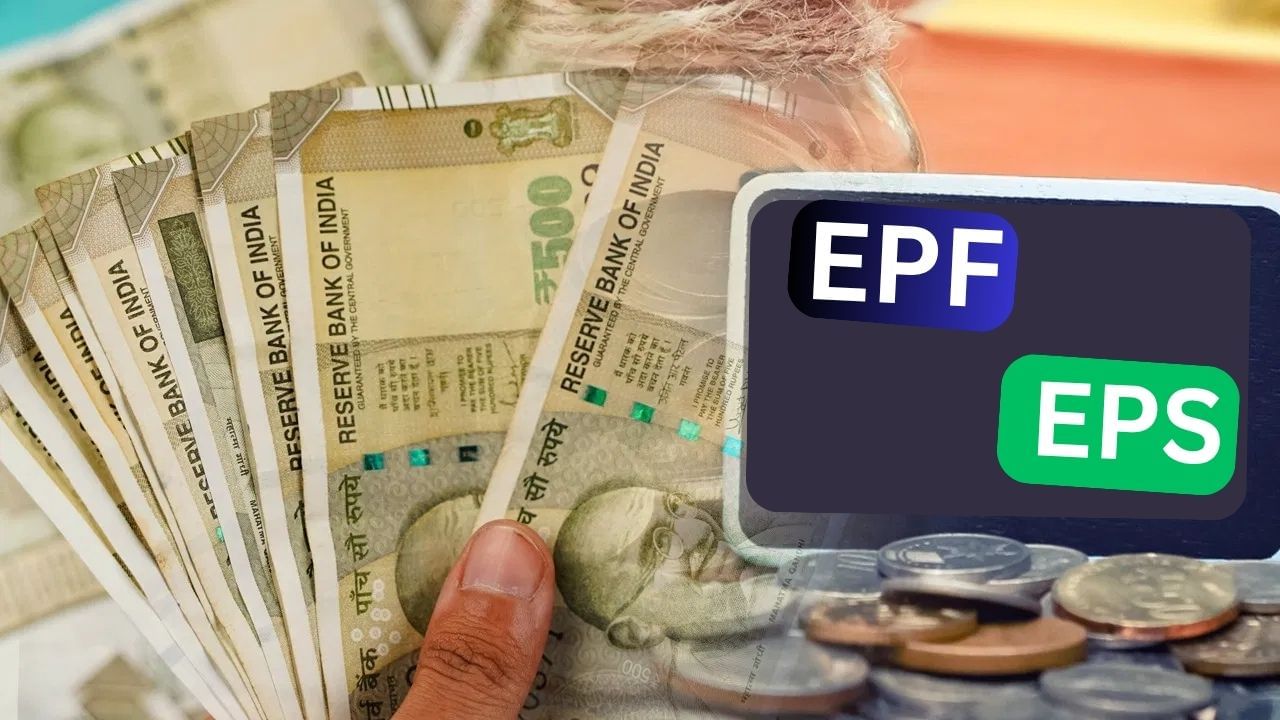Difference between EPF and EPS
If you are employed and are planning for your retirement, then EPF (Employees’ Provident Fund) and EPS (Employees’ Pension Scheme) are two very reliable options for you. Both these schemes not only keep a part of your earnings safe, but also provide support for regular income in future. Let us understand in simple language what is the difference between the two and which one is more beneficial for you.
What is EPF: Secure Savings Plan for Retirement
Employees’ Provident Fund (EPF) is a government scheme that deducts a certain amount from your salary every month and adds it to your retirement fund. If more than 20 employees work in a company, then it is mandatory to implement EPF there. In EPF, both employee and employer contribute 12%-12% of their salary (Basic Salary + DA).
This is a long-term savings scheme, on which 8.25% interest is being given for 2024-25. Interest is paid on an annual basis and the government reviews it every year.
The biggest advantage of EPF is that tax exemption up to ₹ 1.5 lakh is available on the amount deposited in it under Section 80C of the Income Tax Act. Not only this, the interest amount up to ₹ 2.5 lakh every year also remains tax-free. No tax has to be paid on withdrawal of EPF after retirement or after completing more than 5 years of service.
What is EPS – Post Retirement Pension Plan
Employee Pension Scheme (EPS) is a separate scheme linked to EPF, which provides regular monthly income after retirement. Only the employer contributes to this scheme, that is, the employee does not have to pay any amount in it.
You get the benefit of EPS when you have completed at least 10 years of service and your age is 58 years. After this, you get a fixed pension every month. If the employee dies, his nominee continues to receive this pension.
What is the difference between EPF and EPS?
Both EPF and EPS schemes are for retirement security, but their objectives are different. EPF is a scheme related to your savings and interest, in which you get a lump sum amount. Whereas EPS is your lifetime income scheme. In which you get fixed pension every month. EPF gives you a huge amount at the time of retirement, so that you can meet your expenses, while EPS ensures stable income every month.
Why is it beneficial to keep both together?
If EPF and EPS are seen together, then this pair acts as double security for the employed people. EPF forms your long-term savings and EPS forms your retirement income.
